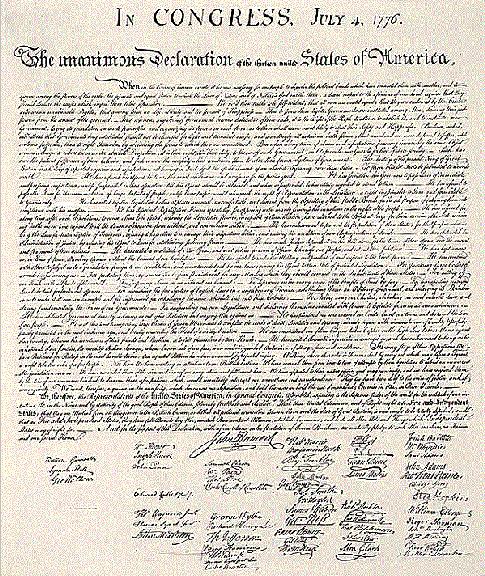This past weekend Diane and I went hiking, as we try to do at least once a week. With the gyms closed by our petty dictator governor, Republican Doug Ducey, we need to find a way to get out and exercise, both for our sanity and to strengthen our immune systems, since outdoor exercise is probably the most effective way to prevent yourself from getting sick from any respiratory illness.
As we were hiking along a single male hiker, probably in his mid- to late- twenties, approached us from the other direction. When he saw me in the lead, he immediately cringed off to the side of the trail in what seemed literal terror, holding a bandana to his face.
I looked at him in irritation. “You don’t need the mask, we don’t have cooties and we won’t make you sick.”
“I don’t want to make you sick,” he said as I passed him.
“What makes me sick,” I responded as I continued past him down the trail, “is the irrational terror and fear I see in everyone’s eyes, over something that really is not much more different than the flu.”
I will admit to have become somewhat of a cranky grump these days when I see everyone wearing masks. And I feel this way because of the utter mindlessness of mask-wearing. This healthy young hiker, who almost certainly was not contagious in any way with any illness, including COVID-19, was only within four feet of me for about one second. Even if he had COVID-19 and was infectious to me and tried to pant in my face as I went by it would have been almost impossible for him to infect me. We were just not in close enough contact for long enough.
Moreover, he stood there holding the bandana to his mouth and nose, with his hand. That its exactly the wrong thing to do if you want to protect yourself, as your hands are the most likely transmission point for infection, and by pressing his bandana against his face with his hand he risked placing that infection at the very place he breathed.
He might have reduced my chances of getting infected by an infinitesimal amount, but he increased his own risk substantially.
Mask-wearing is just plain irrational, and for intelligent Americans to go along with this silliness is beyond shameful, especially because in almost every jurisdiction, even those that mandate mask use, you can opt out by simply stating you have medical reasons for not wearing a mask, and are not required under HIPPA regulations to even show documentation proving that statement in any way. It must be accepted on its face, without question.
Let’s review the absurdity of this situation, and maybe remind people why it is foolish.
» Read more



